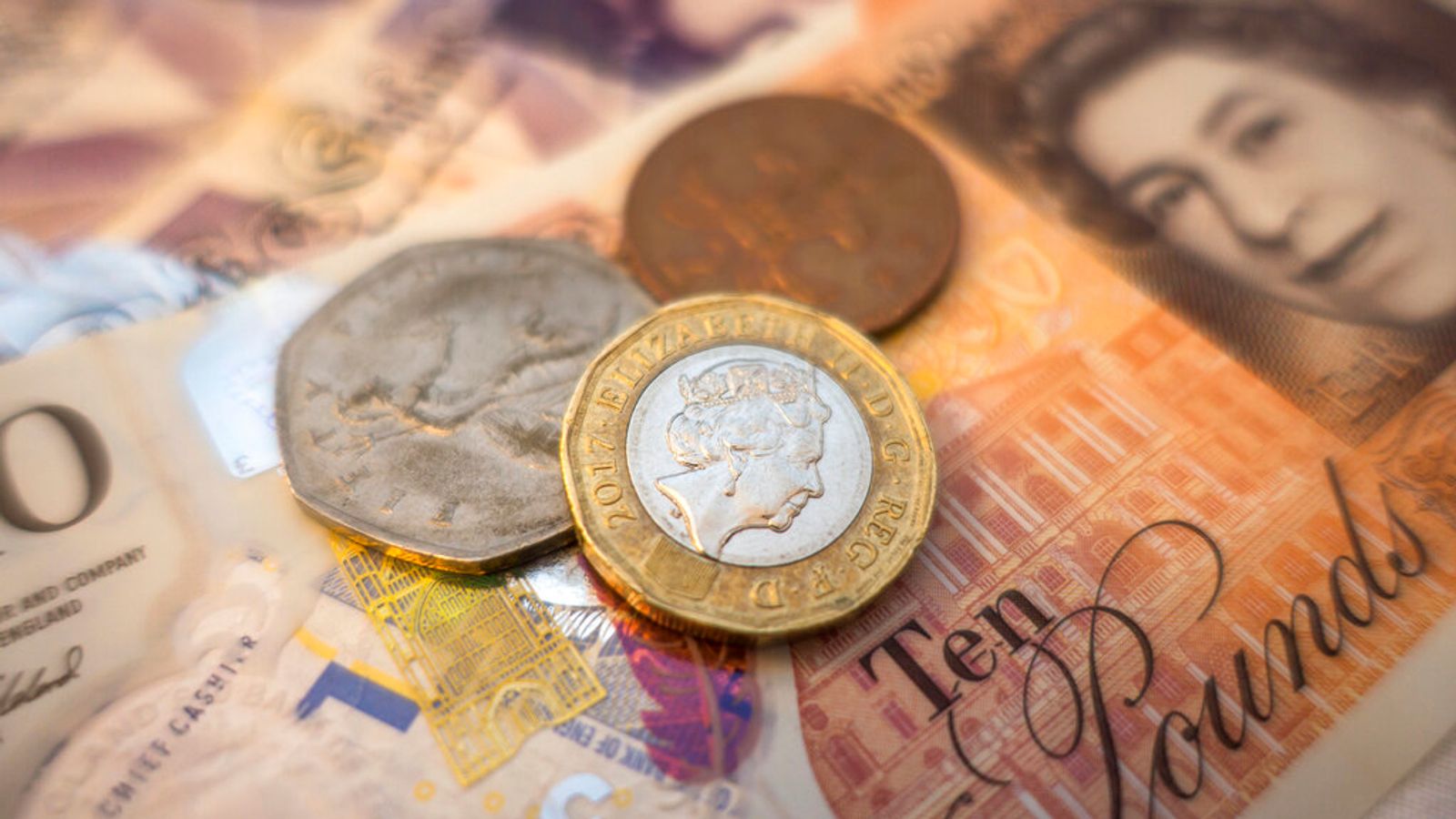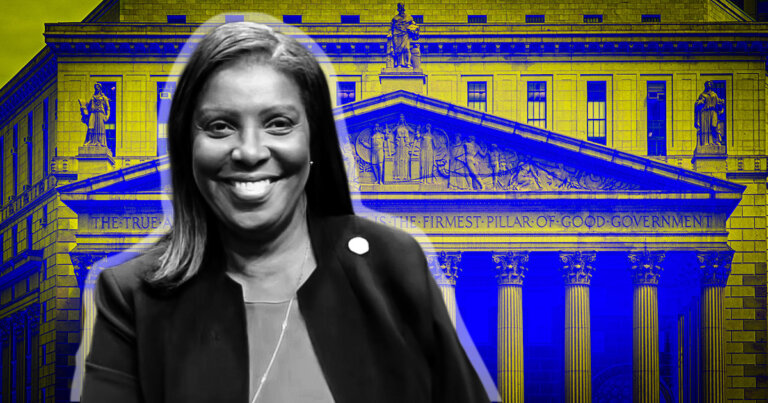The collapse of the value of the pound in the wake of Friday’s mini-budget appears to have stalled, for now, but only thanks to market expectations that the Bank of England will intervene.
The rout for sterling, which began after Chancellor Kwasi Kwarteng revealed a £45bn tax cut plan on top of government aid for energy bills, was a consequence of concern over the levels of borrowing required.
It essentially called in to question the confidence the market had for sustainable public finances in the UK, pushing up the rates demanded by investors to hold UK bonds – government IOUs – which will be used to fund the growth plan.
The pound hit an all-time low versus the dollar of $1.0327 early on Monday but it later recovered some lost ground and had settled around $1.0767 early on Tuesday.
There were three main factors behind the limited fightback.
One was a statement from the Treasury on Monday aimed at soothing nerves around Friday’s giveaways.
It revealed that Mr Kwarteng was to set out a “medium-term fiscal plan” on 23 November which would also contain independent analysis from the Office for Budget Responsibility.
Mortgages withdrawn from sale as market reels after mini-budget
Pound slumps – live news: Lenders withdraw mortgage products – as Sir Keir Starmer prepares to tell voters Labour stands for ‘sound money’ in speech
Five reasons why fall in pound matters and what the implications are
The second was due to a statement from the Bank of England which affirmed it would “not hesitate” to raise interest rates to prop up the value of sterling.
The final facet can be traced across the Atlantic where the dollar – the world’s reserve currency which has strengthened significantly this year amid the economic turmoil linked to Russia’s war in Ukraine – fell back against a basket of international currencies.
Analysts cited renewed investor interest in stocks but remained cautious about the outlook as markets, already jittery at the prospect of US interest rates staying higher for longer, have been further unnerved by the upheaval for the pound and UK bond yields.
The volatility has been blamed for a number of mortgage providers withdrawing products from sale.
Victoria Scholar, head of investment at Interactive Investor, said markets were pricing in an emergency rate hike with 175 basis points’ (1.75%) worth of increases by November.
“The slump in sterling could exacerbate the UK’s inflation problem, with price levels currently flirting with double digits.
“More expensive imports may add to the UK’s upward price pressures, which is likely to prompt more aggressive action from central bank policy makers.”







